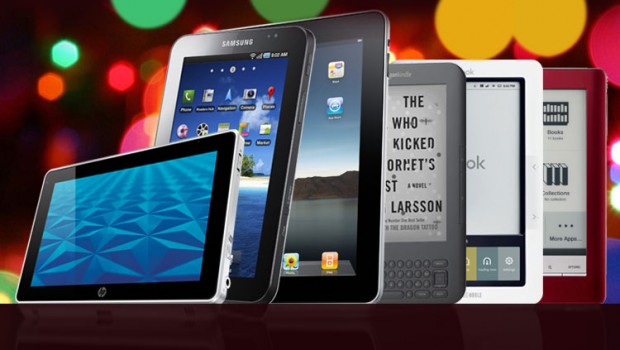Opportunities going to digital waste?
Tis the season when a plethora of new year predictions appear, and this season is no different. “eBook sales will surge to $2.7 billion in 2013,” says Larry Dignan (ZDNet). “eBooks as a percentage of overall trade book sales in the US should hit 45%,” writes Mark Coker (Smashwords). And Pricewaterhouse Coopers predicts that “eBooks will make up 50% of the US trade book market by 2016.”
In the UK, eBook sales also continued to grow by huge percentages in 2012. The Bookseller (18 January) reported that 65 million eBooks were sold, at least double the number in 2011; examples of digital sales growth in 2012 include more than 200% for Pan Macmillan, 171% for Random House, 114% for HarperCollins and 81% for Hachette. Most observers predict that, although sales will continue to grow, the rate could slow a little. They all seem to agree that “this does not mean that the digital switchover has ended” (Mike Shatzkin), but rather that things are levelling out, with digital becoming “a naturalized part of the core offering of the industry” (George Lossius, Publishing Technology) and digital sales starting to account for a sizeable proportion of the industry’s revenue. The new look of book publishing – where print formats sit happily alongside digital formats, meeting a diverse range of reader demands – is here to stay.
Given all this, and given that eBook production costs are low and production times fast, especially for basic ePub and .azw conversion, why are some publishers still dragging their feet when it comes to digitising their content? A 2012 Aptara report noted that “more than half of publishers’ content is going to ‘digital waste’: 65% of eBook publishers have converted less than half of their legacy titles (backlist) into eBooks.” What’s holding them back?
Back to predictions for 2013. Here are ours:
- We see enhanced eBooks and apps, especially web-based apps, playing a far greater role in 2013 than they have to date, mainly because of the growing number of owners of multi-task devices such as the iPad (John Lewis reported that while dedicated eReaders continued to sell well over Christmas, there was “explosive growth in sales of new tablet products”).
- We envisage that developing direct publisher-reader relationships will take centre stage in 2013. Amazon is where it is largely because of its reader-centric approach. The trickle of publishers moving towards reader engagement is likely to become a stream, perhaps a river, in 2013, as more and more realise that only by putting serious resources into selling direct to – and engaging with – readers, can they loosen the Amazon stranglehold that so adversely affects book pricing.





